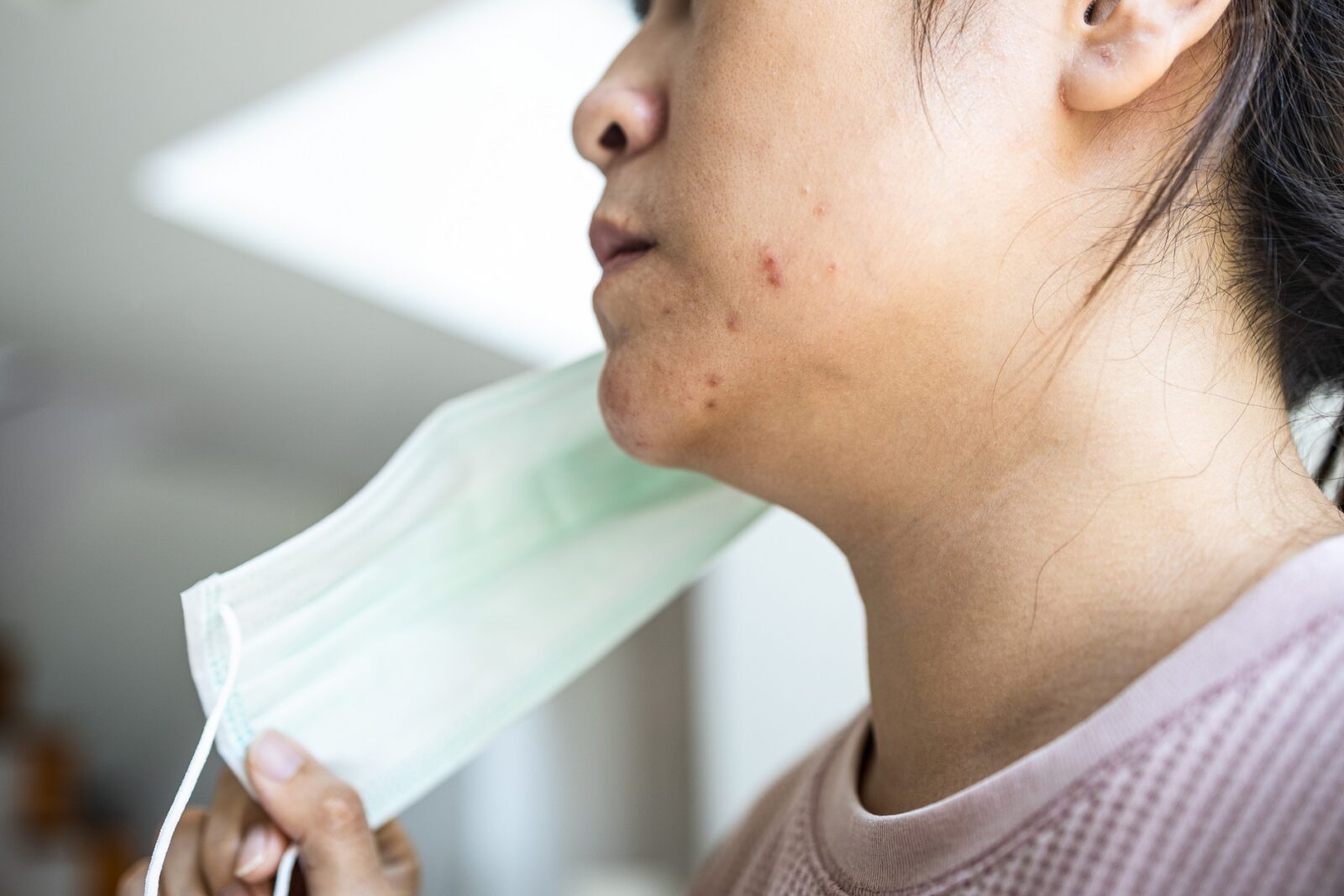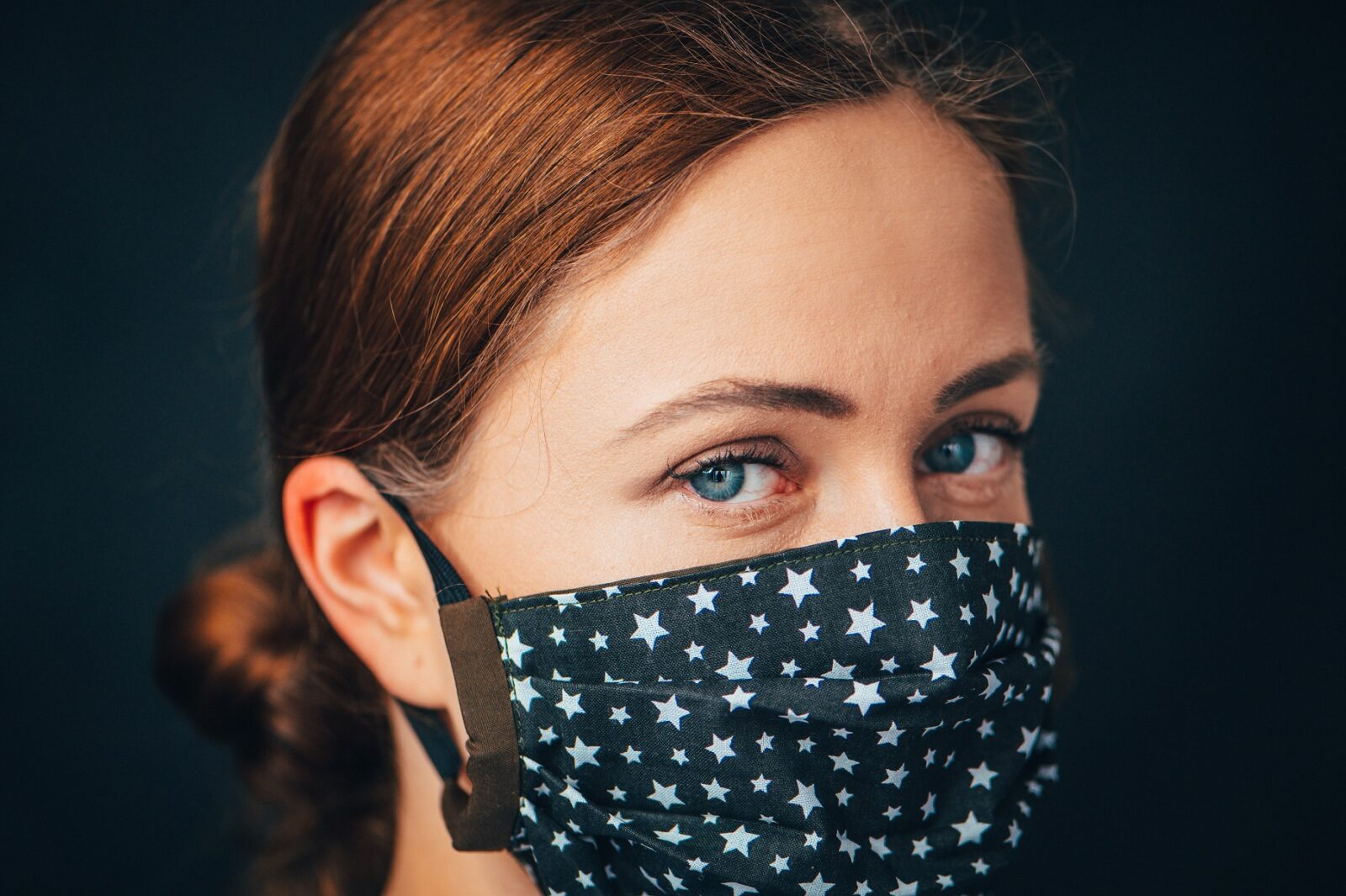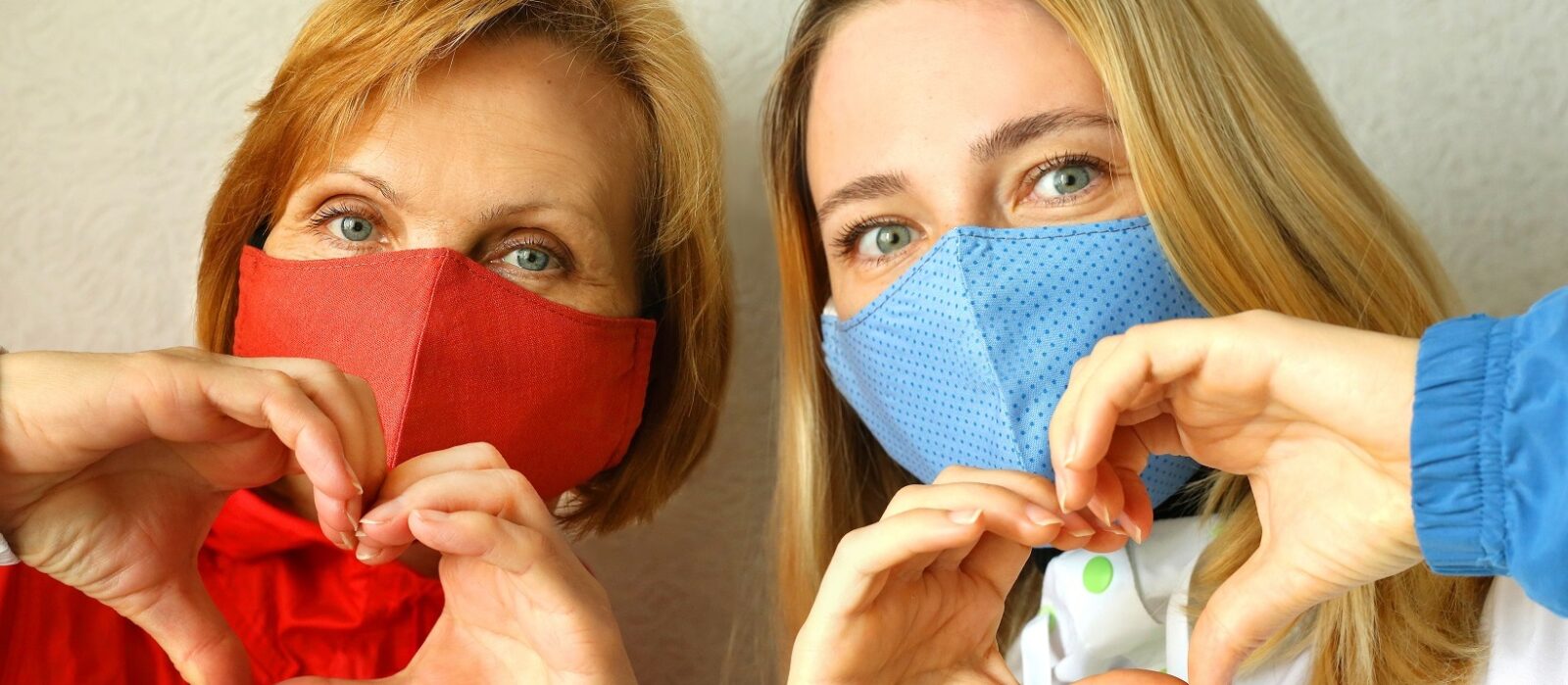At this point, it’s a bit redundant to point out that COVID-19 has changed life as we know it this year. I mean, that much is obvious. What may not be quite as obvious, however, is the impact the pandemic has had on our overall skincare and makeup routine.
I’ll just say upfront: if you’re an anti-masker, this article is probably not for you. (But while you’re here, it’d be cool if you got it together and started wearing a mask. But hey, that’s an entirely different topic.)
For those of us who’ve been abiding by recommended safety precautions, though, face masks have become a daily part of our fashion style. Some of us prefer the standard masks; others have been purchasing them hand-made. Heck – they even come in a variety of colors, patterns, and designs. It’s now considered “trendy” to match your mask with your outfit!
As beneficial as they are, there are admittedly downsides. Two in particular are:
- The ‘maskne’ crisis, and
- The fact that half of our hard-earned makeup routine is now pretty much useless
That being said, there’s a simple solution to BOTH of these dilemmas. In this two-part series, we’ll take a look at both issues, as well as how to work around them. Today, in Part 1, let’s start by talking about the dreaded ‘maskne’!

What is ‘Maskne’?
Basically, it’s the acne breakout that many of us have been experiencing since we started wearing our masks. Thanks to the fabric of the mask constantly rubbing against our face, we’re getting micro-tears on our skin’s surface. These tiny little tears allow for dirt and bacteria to enter and clog up our pores.
Plus, consider the fact that it’s already a billion degrees outside in a lot of places right now – and then we’re going and adding more heat and moisture when we breathe. The lower half of our face is essentially living in a sauna. The result is that our skin is being bombarded with an excessive amount of oil, sweat, and potential germs – with no place to run and hide!
Note: I should probably point out that I am 100% pro-mask, and am in no way trying to knock it or dissuade anyone from following PPE protocols. I’m merely a little birdy pointing out the facts. Now that we’ve cleared that up, let’s move on.
How Can We Prevent Maskne?
A few months back, we discussed why the importance of your skincare routine is of utmost importance during the pandemic. So, that’s a good place to start! In general, you can’t expect to have happy, healthy skin if you aren’t properly taking care of it.
Skincare knowledge is critical for makeup artists – but as a human being, it’s also just as valuable. Do some research online, look into different products, and learn about safe ingredients. If you’re feeling extra ambitious and really want to become a skincare expert, you have everything to gain by taking a course!
All I’m saying is, knowledge is power.
Once you’ve got the basics down, you’ll then be ready to take it a step further. The specific issues that cause maskne need to be combatted in equally specific ways. For example, I just mentioned that clogged pores are a major cause of the problem. So, should you opt for thick, heavy skincare products?
Probably not.

Rather, you should adapt your skincare routine and approach it with the following in mind:
- Try to use lightweight, water-based products as much as possible. Your skin will be able to breathe easier!
- Don’t get stingy with your moisturizer! If you go with a lighter-weight product, you can pack on a bit more onto your skin, in order to give it extra protection!
- Give your skin some extra love on a regular basis. Exfoliate your skin once in a while, deep-cleanse the crap out of it here and there – you get it. A little extra love never hurt anyone.
While you’re at it, it wouldn’t hurt to do a bit of research and learn more about your specific skin type. That can have a big impact on the types of skincare products you should be using on your face, as well as how you should be approaching your personalized skincare regimen.
For instance, if you have oily skin and/or already deal with acne (like myself), you may need a stronger game plan than someone with dry skin and the complexion of a newborn baby.
I’m not saying that professional skincare training is the best way to learn this info – but I’m also not not saying that. 😉
The Benefits of a Skincare Course
You mean, aside from becoming a skincare wizard (which would be downright awesome)?
Well, for starters, it’s a great addition to your makeup business! Incorporating skincare services can attract more clients, increase your profits, and transform you into an even stronger MUA. It’s always important to find ways to stand out from the competition, and this is definitely one of the best!
Then you can add in the fact that, as a makeup artist, you’re always on the hunt for new and exciting knowledge. You’ll get a better understanding of the beauty industry as a whole, as well as an even better mastery of makeup. After all, if you don’t understand skin, how can you possibly hope to apply makeup to it properly?
(If you want an idea of the type of information you’d learn from expert training, check out the course breakdown of QC Makeup Academy’s accredited Skincare Course!)
Now, I know that some of you out there may not be makeup artists, or have no interested in becoming one. I respect that. But what about becoming a certified skincare consultant and starting up your very own business? Or building your reputation through a stellar skincare blog? Or using your expertise to represent a major cosmetics brand?
There are tons of potential career paths out there, and the right Skincare Course can make all of this possible for you!
See? I told you that proper training is the best way to become a pro!
